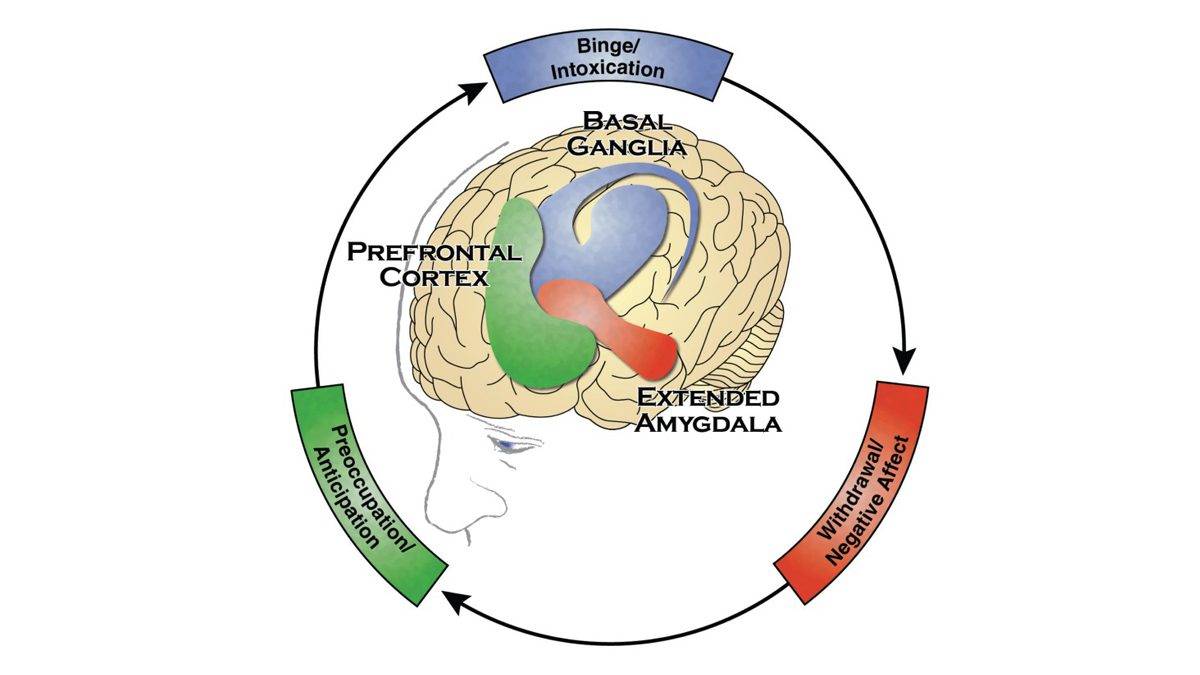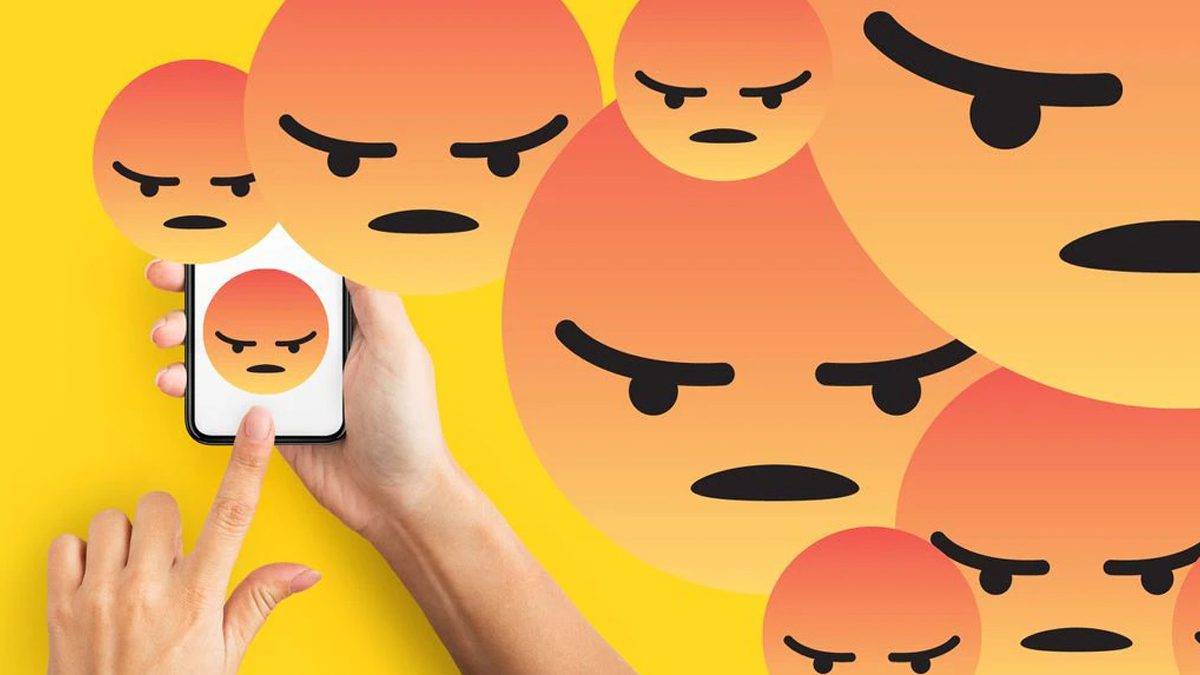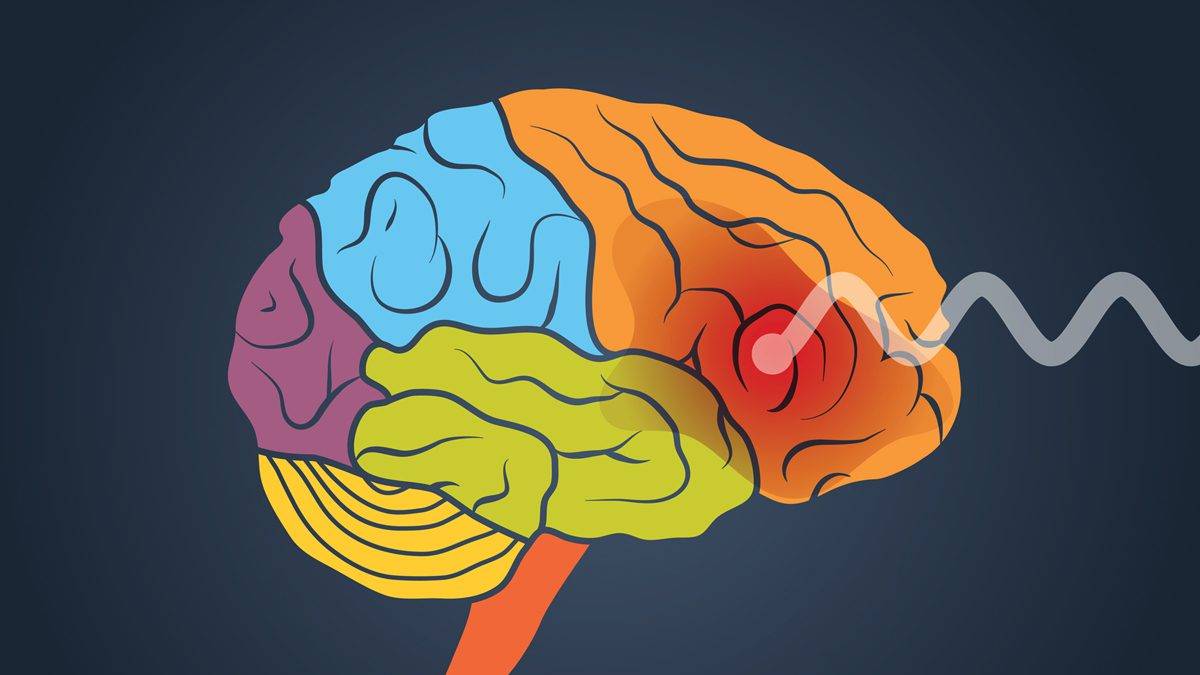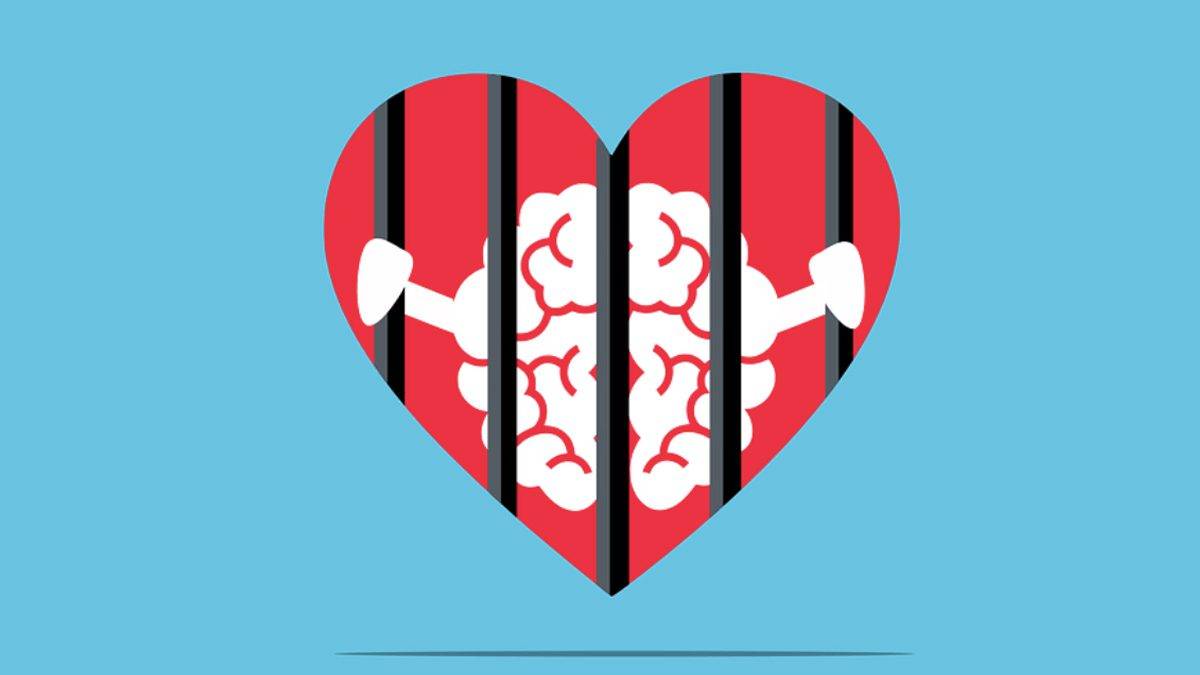Addiction to substances such as tobacco, alcohol, stimulants, and opiates follows a predictable cycle. A study by experts Nora Volkow, George Koob, and Thomas McLellan outlines the phases that addiction takes hold: binge and intoxication, withdrawal and negative affect, and preoccupation and craving. Each stage corresponds to changes in brain systems, reinforcing addictive behaviors. The
Is ‘Chaos Addiction’ Another Term For ‘Workaholism’ or Something Different? Last year, three independent things happened that led me to write this article. Firstly, I received an email from one of my blog readers who wrote: “I’m a recovering addict. I still find that hard to admit even after time in therapy and the support of my
Gambling is a fascinating psychological phenomenon, deeply rooted in human behavior. Extensive research has explored how psychological processes shape gambling habits, often revealing surprising insights. Below are five compelling facts about gambling and the psychology behind it. 1. Being in a Good Mood Leads to Increased Gambling Did you know that your mood can influence
Yoga is often misunderstood—some see it as just physical exercise, while others view it as a pathway to healing and growth. Recent studies show that yoga profoundly impacts the brain, much like meditation does. By pairing yoga with mindfulness, individuals can tap into both physical and emotional healing, making it an essential resource in addiction
Smartphones have evolved from being mere tools to essential components of our daily lives. From constant connectivity to fulfilling emotional needs, they’ve transitioned into devices we rely on for far more than convenience. However, this reliance often leads to smartphone addiction, a growing concern for people of all ages. But why are smartphones so addictive,
Effective Strategies to Tackle Alcohol Abuse Among Students Binge drinking among college students is a serious issue, leading to problems like poor academic performance, strained social relationships, and health risks. While anti-smoking campaigns have seen great success, similar efforts targeting binge drinking could help reduce its impact. According to the National Institute on Alcohol Abuse
Unmanaged anger can deeply damage relationships. One of my patients, for instance, stopped all interactions with male colleagues because of her partner’s jealousy and anger. Even during simple lunches, he would overwhelm her with messages to the point where she gave in to avoid conflict. Over time, she realized the importance of setting healthier boundaries.
Addiction is a devastating condition that can destroy lives, relationships, and futures. But how do drugs hijack the brain to such an extent? Research suggests that certain substances, such as amphetamines and opioids, alter brain structure and function, making users more impulsive and less capable of resisting cravings. This article explores how drugs manipulate the
Exploring the Impact of Excessive Internet Use The idea of Internet addiction was first proposed as a psychological disorder in the 1990s, but it wasn’t taken seriously at the time. However, with advancements in research, the understanding of excessive Internet use has significantly evolved. Today, numerous studies highlight that between 1-10% of individuals experience difficulties
You Want to Be Together All the Time: Wonderful or Obsessive? “Too much of a good thing is wonderful.” — Mae West Romantic love can feel all-consuming, often compared to addiction because of its powerful focus on another person. Love brings constant thoughts and interactions, but does this mean it’s unhealthy? Should this constant preoccupation










